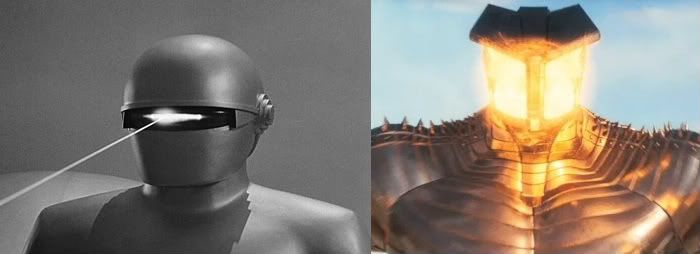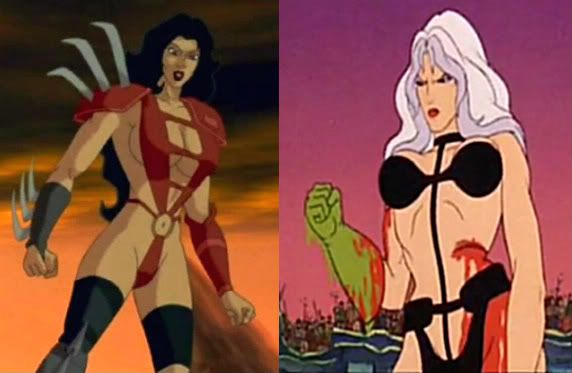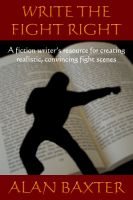
I’ve been spending a lot of time in Hell –
Query Letter Hell to be precise. Straight-up, queries are the bane of all writers, but they’re required if you ever plan on getting published with an agent. But don’t panic! They can be written, and here are a few hints and many wrist-slappings that I’ve picked up.
DO NOT shove your entire book in a query. It’s literally impossible to cram 70,000-word manuscript into 200-250 words summary. People try – and they fail. Miserable, miserable failure. Instead…
DO focus on the beginning of your story or the main conflict. Have too many conflicts and can’t weed them out? Try writing a one-sentence summary of your plot to focus on what’s REALLY important to your story. If Jill finding her magical locket before the demon does is your plot, then Jill’s romantic fling should not show up in the query.
DO NOT put too much backstory into your query. Not only will this expand your query, making it too long (remember, an agent’s time is precious and they’re not going to wade through your 1-page query), but it also bogs down what could be the really cool parts in your query. Instead…
DO create a well-constructed sentence or two about the premise. This is more important for fantasy/sci-fi queries, to help establish the world your character is going to be running through. Get to the bare bones, the most relevant parts of the world, and move on to what your character actually does!
DO NOT tell. This should be an obvious one, right? In queries, with the limited space you have, it’s ever-so-tempting to tell instead of show, because it takes less wordage. But what does that tell the agent? Your query is not only a pitch, but also a sample of your writing, and if they see nothing but tell, tell, tell, they’re going to think that’s how the book is written. Instead…
DO – back to the well-constructed sentences. No really, this is what query writing is all about, the most concise, straight to the point, sentences ever imagined. You like writing purple prose? Forget it. There’s no room for it and you’ll never get your point across if you write elaborate sentences. Make. Every Word. Count.
DO NOT get frustrated. Another no-brainer, but it’s easy to get pessimistic about these things because it’s truly a different set of skills to write queries than it is to write a story. But don’t give up! You need to get back on the horse after it’s bucked you off and take another round of punishment. Think of school, how many hours did you spend studying for tests and quizzes? How many hours of note taking did you do? I bet a lot. And learning to write queries is no different. But if you lose faith, you’ll never see your book down at the local bookstore with its (hopefully) perdy polished cover. Just keep that goal in mind.
DO look at and critique other queries. Yeah, I get it, we all have busy lives, but if you can’t spare a few moments to sharpen your query writing skills, then you aren’t really dedicated to the craft nor to getting your book published. The best way to learn is to read many, many queries, to see what works and what doesn’t. Check out QueryShark and its archive of queries. You can learn even better by actively critiquing other queries on forums. Even if you don’t know how to, just sit back and watch the gurus do it and see what they do, what they pick out. Read something in someone’s query that had you stumped? Then point it out! Because chances are, if you didn’t get it, then neither will the agent.
Most important, and above all, a query must hook the agent. You could write the most well-constructed query, but if it’s boring as hell, then guess what? Reject.
For more info on how to write queries, check out Absolute Write’s QLH stickies (password protected to keep the robot-ninjas out). And remember, writing is fun – if not a little scary at times.



















 (4/5 weeblies)
(4/5 weeblies) 



